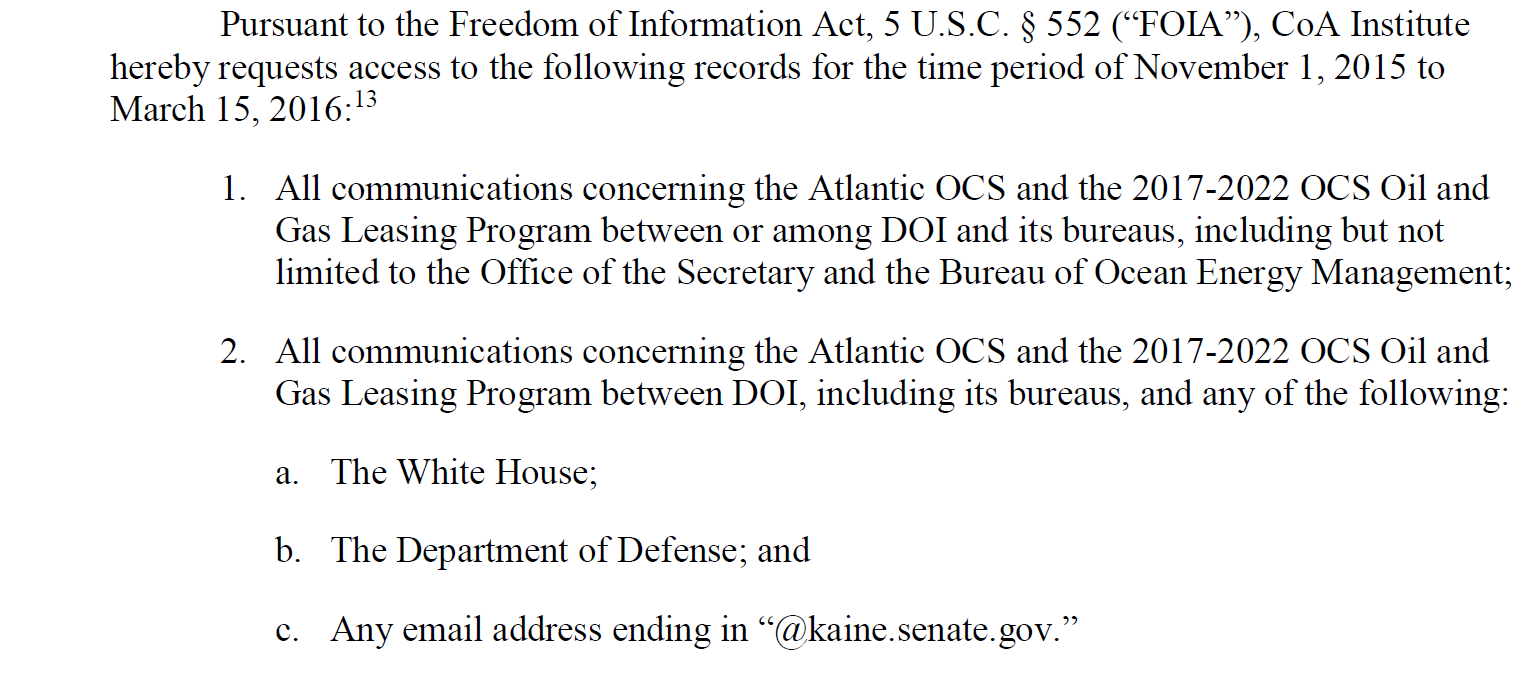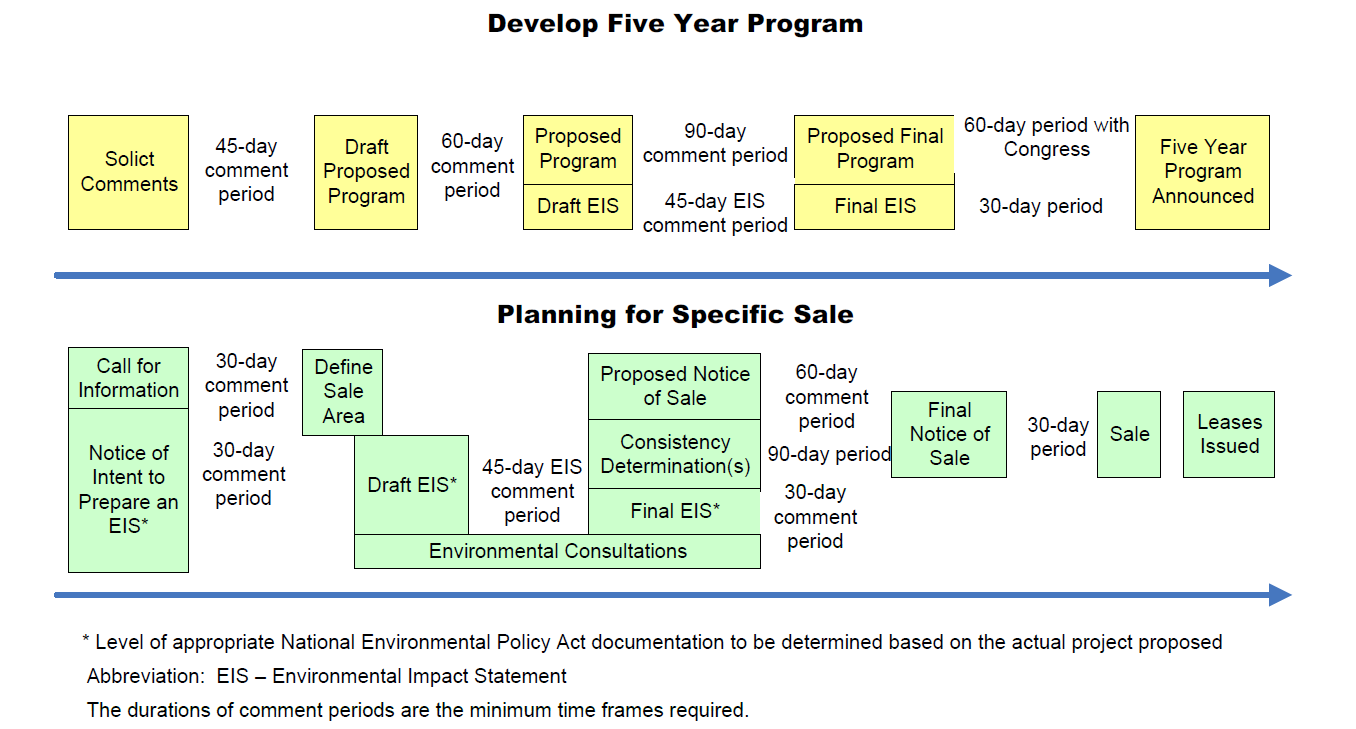Washington, D.C. – U.S. District Court Judge Trevor McFadden has denied the federal government’s motion to dismiss a lawsuit to compel Secretary of State Rex Tillerson and U.S. Archivist David Ferriero to fulfill their statutory obligations under the Federal Records Act (“FRA”) to recover former Secretary of State Colin Powell’s work-related email records from a personal account hosted by AOL, Inc. Cause of Action Institute (“CoA Institute”) filed the lawsuit in October 2016 after then-Secretary John Kerry and Archivist Ferriero both failed to act on CoA Institute’s FRA notice and Freedom of Information Act (“FOIA”) request.
Although the government argued it had no reason to believe that copies of Colin Powell’s email records still existed and were recoverable from AOL servers, Judge McFadden rejected that conclusion, describing the State Department’s recovery efforts as “anemic,” particularly in light of the fruitful “leveraging” of law enforcement authority in the case of former Secretary Hillary Clinton. “The Defendants’ refusal to turn to the law enforcement authority of the Attorney General is particularly striking in the context of a statute with explicitly mandatory language,” Judge McFadden opined. “[T]here is a substantial likelihood that [CoA Institute’s] requested relief would yield access to at least some of the emails at issue.”
Cause of Action Institute President and CEO John J. Vecchione: “Agencies must take their responsibility to secure federal records seriously. For too long, agencies have allowed federal employees to use personal email accounts without ensuring those records are recovered and maintained in accordance with the law. We are encouraged that the court recognized that agencies must do more to recover lost records.”
In September 2016, the House Oversight & Government Reform Committee held a hearing at which then-Under Secretary of State Patrick Kennedy testified that the State Department had undertaken minimal efforts to retrieve Colin Powell’s work-related email. After learning that Powell no longer had access to his AOL account or its contents, the State Department merely asked Powell to contact AOL to see if anything could be retrieved. Despite a request from the National Archives and Records Administration (“NARA”) to contact AOL directly, the State Department never did so. Ultimately, the agency relied on unreliable hearsay—namely, the reported representations of Colin Powell’s personal secretary about an apparent phone conversation between someone at AOL and a staff member of the House Oversight Committee—to conclude that no records could be recovered.
Following yesterday’s ruling on the motion to dismiss, the government Defendants must now either comply with their non-discretionary obligations under the FRA, which requires them to initiate action through the Attorney General to recover unlawfully removed records, or they must proffer new evidence to prove the “fatal loss” and irrecoverability of Colin Powell’s email records from AOL servers.
Judge McFadden’s opinion can be accessed HERE.
For information regarding this press release, please contact Zachary Kurz, Director of Communications at CoA Institute: zachary.kurz@causeofaction.org.



